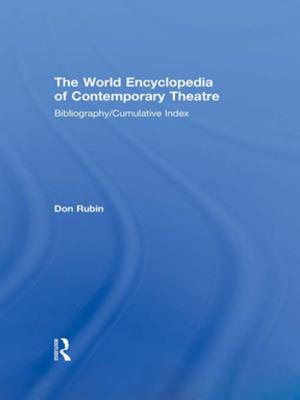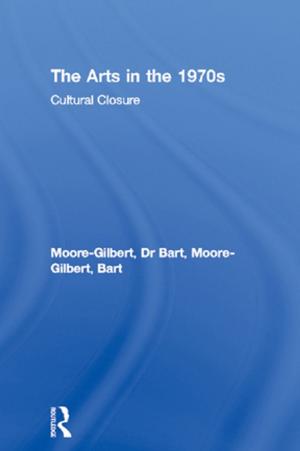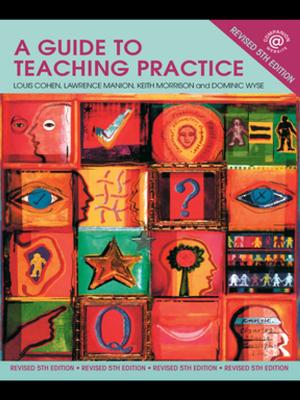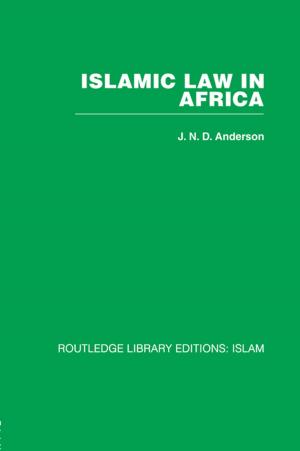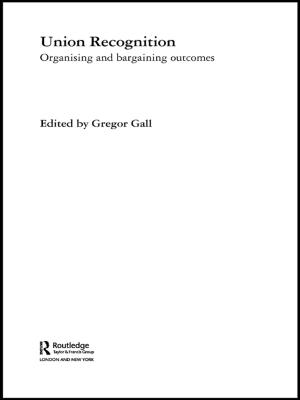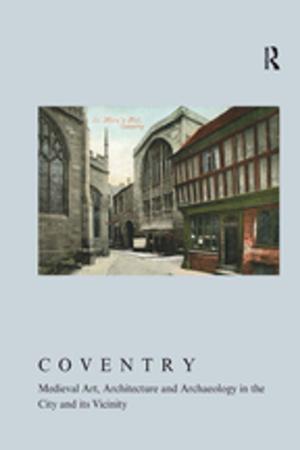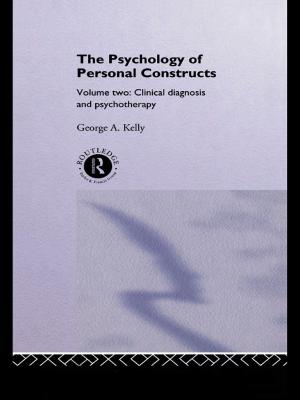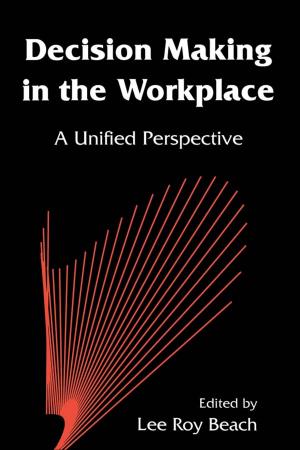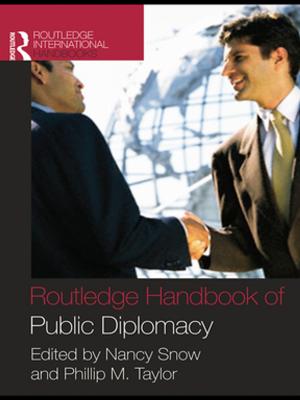Rigoberta Menchu And The Story Of All Poor Guatemalans
Nonfiction, Social & Cultural Studies, Political Science| Author: | David Stoll | ISBN: | 9780429977213 |
| Publisher: | Taylor and Francis | Publication: | May 4, 2018 |
| Imprint: | Routledge | Language: | English |
| Author: | David Stoll |
| ISBN: | 9780429977213 |
| Publisher: | Taylor and Francis |
| Publication: | May 4, 2018 |
| Imprint: | Routledge |
| Language: | English |
Rigoberta Menchú is a living legend, a young woman who said that her odyssey from a Mayan Indian village to revolutionary exile was "the story of all poor Guatemalans." By turning herself into an everywoman, she became a powerful symbol for 500 years of indigenous resistance to colonialism. Her testimony, I, Rigoberta Menchú, denounced atrocities by the Guatemalan army and propelled her to the 1992 Nobel Peace Prize. But her story was not the eyewitness account that she claimed. In this hotly debated book, key points of which have been corroborated by the New York Times, David Stoll compares a cult text with local testimony from Rigoberta Menchú's hometown. His reconstruction of her story goes to the heart of debates over political correctness and identity politics and provides a dramatic illustration of the rebirth of the sacred in the postmodern academy.
This expanded edition includes a new foreword from Elizabeth Burgos, the editor of I, Rigoberta Menchú, as well as a new afterword from Stoll, who discusses Rigoberta Menchú's recent bid for the Guatemalan presidency and addresses the many controversies and debates that have arisen since the book was first published.
Rigoberta Menchú is a living legend, a young woman who said that her odyssey from a Mayan Indian village to revolutionary exile was "the story of all poor Guatemalans." By turning herself into an everywoman, she became a powerful symbol for 500 years of indigenous resistance to colonialism. Her testimony, I, Rigoberta Menchú, denounced atrocities by the Guatemalan army and propelled her to the 1992 Nobel Peace Prize. But her story was not the eyewitness account that she claimed. In this hotly debated book, key points of which have been corroborated by the New York Times, David Stoll compares a cult text with local testimony from Rigoberta Menchú's hometown. His reconstruction of her story goes to the heart of debates over political correctness and identity politics and provides a dramatic illustration of the rebirth of the sacred in the postmodern academy.
This expanded edition includes a new foreword from Elizabeth Burgos, the editor of I, Rigoberta Menchú, as well as a new afterword from Stoll, who discusses Rigoberta Menchú's recent bid for the Guatemalan presidency and addresses the many controversies and debates that have arisen since the book was first published.


